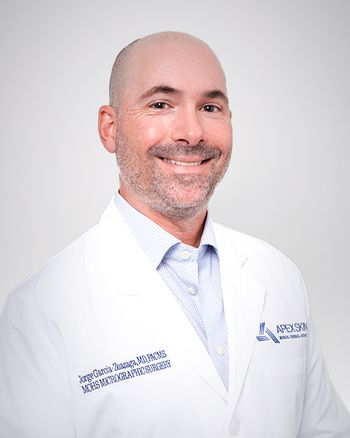
FTC to Examine Drug Makers, PBMs Due to Insulin Prices
Rising insulin prices have led department to examine the impetus behind setting prices that many patients can't afford.
Rising insulin prices have sparked an examination by federal regulators who said they want to know how drug companies and pharmacy benefit managers are setting prices that patients can’t afford.
The Federal Trade Commission (FTC) on June 16 voted 5-0 to examine rebates and fees paid by drug manufacturers to pharmacy benefit managers (PBMs) and other intermediaries in exchange for disfavoring lowest cost drugs.
The move, formally known as a
FTC summary
In its
“These rebates are often conditioned on the drug staying in a preferred position on the formulary. Some rebates and fees are conditioned on the volume of sales of certain high list price prescription medicines. In addition to other factors, some have suggested that high rebates and fees to PBMs and other intermediaries may incentivize higher list prices for drugs and discourage coverage of the lowest-cost products.”
Commissioners react
In the June 15
In the last decade, drug prices in America have been soaring, even for medicines developed decades ago. The wholesale price of insulin nearly tripled between 2009 and 2017, increasing out-of-pocket costs for insured and uninsured patients alike, Khan said. Uninsured patients or those with high-deductible plans may pay $500 or more a month for insulin, she said.
In previous hearings, the commissioners have heard from people directly affected by high drug prices, Kahn said, recounting laws that give the FTC authority to stop unlawful business practices that lead to higher prices.
“Today's enforcement policy statement should put market participants on notice that these longstanding FTC statutory authorities may prohibit drug rebate practices, certain drug rebate practices, especially to the extent that these fees are paid to for close competition for more affordable generic and biosimilar alternatives,” Khan said. “I'm committed to ensuring that the FTC is bringing all of our tools to bear on unlawful business practices that may be resulting in Americans paying higher prices for medicines, and hope that my colleagues will agree.”
She credited the work of Slaughter, who has urged the Commission to examine the drug pricing systems.
Phillips said the policy statement is important, but the FTC and staff must direct their energies to results.
The commissioners heard moving testimony from those affected by insulin prices, Slaughter said, but a solution may not necessarily come quickly.
“While we need to be thorough on finding ways to tackle high insulin prices through enforcement, I want to be clear about expectations,” Slaughter said. “Expectations take time. It's important that staff have the time and space to follow the facts where they lead. The FTC can scour all the relevant documents and take hours of testimony, but at the end of the day, we need legal theories and sufficient evidence to support them.”
The FTC has examined prescription drug and health system mergers at least since 2002, Wilson said. “The rebate and fee issues in pharma and especially for insulin are clearly an area worthy of investigation,” she said, and FTC must protect competition and consumers.
The United States is the wealthiest country in the world, drug makers and middlemen make billions of dollars off of insulin, yet one in four Americans can’t afford it, Bedoya said.
“In a competitive market companies compete to lower their prices. It would appear that in the insulin market, companies compete to raise them,” Bedoya said, citing a study by the Senate Finance Committee that found drug companies gained revenue by raising prices.
PBMs respond
The FTC meeting included time for public comments about the policy statement and other issues.
Speakers included Kristin Bass, chief policy and external affairs officer at the
It is in the interest of drug manufacturers and pharmacies, not consumers, for the FTC to target PBMs, which is the one industry using market forces to push the drug makers and pharmacies to lower costs for patients and health plan sponsors, Bass said.
She noted PBM formularies give patients strong incentives to use generic drugs, so 90% of all prescriptions are filled with generic drugs. For every dollar spend on PBM services, the PBMs deliver $10 in savings, Bass said.
Further action
The FTC is not the only government agency looking into drug makers and PBMs.
Bedoya cited a
Those companies are, at the same time, the largest PBMs in the country and in Arkansas, the largest pharmacies in the country and within three of the largest insurance companies – CVS Caremark with Aetna, Express Scripts with Cigna and OptumRx with UnitedHealthcare.
The lawsuit alleges the drug makers and PBMs have created an “insulin pricing scheme” to “game the system,” making money by inflating consumer costs, with insulin prices not at all reflective of actual production costs.
The lawsuit seeks a ruling that the businesses violated the Arkansas Deceptive Trade Practices Act, along with restitution and damages.
Express Scripts Inc., the first company to respond, denied the allegations, and asked to move the case to federal court, according to
Newsletter
Like what you’re reading? Subscribe to Dermatology Times for weekly updates on therapies, innovations, and real-world practice tips.











